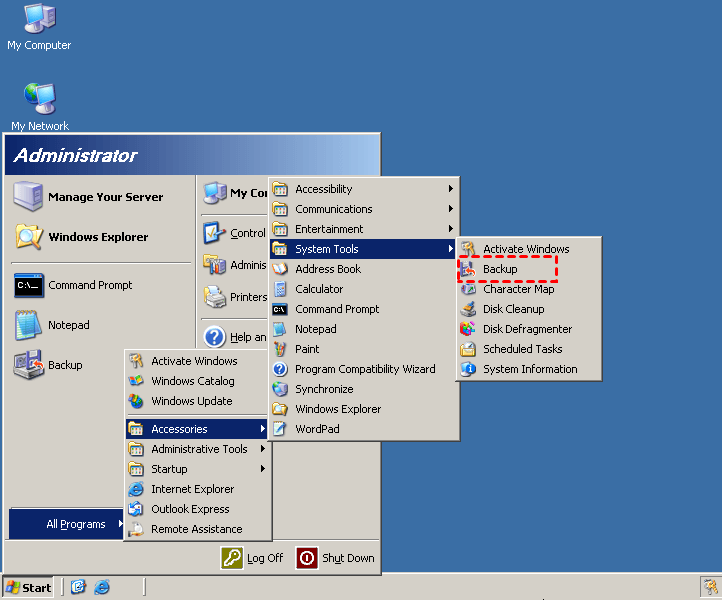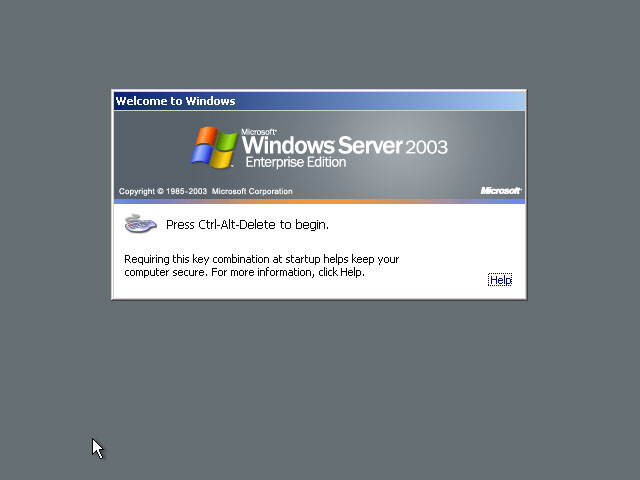


UPDATE: For Windows Server 2008, please refer to our Windows Server 2008 ADPrep article Our next episode, “Polaris Inc., and Microsoft Teams- Reinventing how we work and play” will be airing on Oct. You can watch any episode at your convenience, find resources, blogs, reviews of accessories certified for Teams, bonus clips, and information regarding upcoming live broadcasts.

Stephen & his guests comprised of customers, partners, and real-world experts share best practices of planning, deploying, adopting, managing, and securing Teams. Additionally, we'll look at migration possibilities, including upgrade options to newer versions of Windows Server, virtualization, and the possibility of migrating to the cloud.“Inside Microsoft Teams” is a webcast series, now in Season 4 for IT pros hosted by Microsoft Product Manager, Stephen Rose. We'll cover topics such as what you actually lose when a Microsoft OS goes end-of-support – such as security/bug fixes and new hardware and software compatibility. On the following pages, we discuss what effect the end of Windows 2003 Server support has on your systems, and potential migration paths that can be taken to remove an unsupported OS from your network. Typically, this means the legacy application must be upgraded to run on a newer server OS prior to upgrading the OS itself. But, there are a few compatibility issues with legacy applications that may need to be addressed in your particular environment.

The good news for IT is that upgrading from Windows Server 2003 to either 2008 or 2012 isn't nearly as onerous from a software compatibility standpoint as what you may have experienced in a Windows XP migration. In enterprise-class environments, this is something that simply cannot be tolerated. And while admins can technically continue to run Windows 2003 server beyond the end-of-support date, cybersecurity risks will dramatically increase. While some have the "if it ain't broke, don't fix it" attitude, others run into budgeting constraints or compatibility issues with legacy applications. There are all kinds of reasons why systems administrators haven't bothered to upgrade from Windows 2003 yet.


 0 kommentar(er)
0 kommentar(er)
